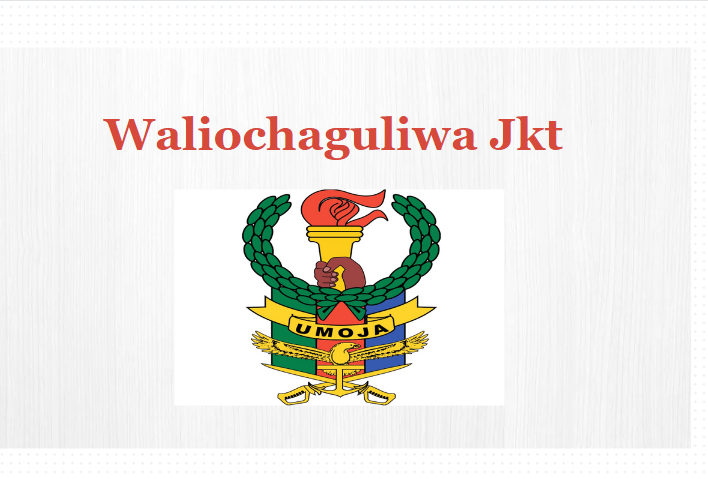Benefits of Company Coaching and Mentoring for Professional Growth, Coaching and mentoring are two powerful tools that organizations can use to help their employees grow professionally. Companies that invest in coaching and mentoring programs can reap numerous benefits, including increased productivity, improved employee retention, and a more positive work environment.
Coaching and mentoring programs can help employees develop new skills, gain confidence, and improve their job performance. By providing employees with access to experienced mentors and coaches, companies can help them overcome obstacles, develop new perspectives, and achieve their goals. This can lead to increased productivity, as employees become more effective and efficient in their work.
Moreover, coaching and mentoring programs can help companies retain their top talent. When employees feel supported and valued, they are more likely to stay with their current employer. Coaching and mentoring can also help create a more positive work environment, as employees feel more connected to their colleagues and the company as a whole. Overall, investing in coaching and mentoring programs can be a win-win for both companies and their employees.
Fundamentals of Coaching and Mentoring
Defining Coaching and Mentoring
Coaching and mentoring are two essential tools that companies use to develop their employees’ skills and knowledge, enhance their performance, and help them achieve their career goals. According to CIPD, coaching and mentoring are often used interchangeably, but they have distinct differences.
Coaching is a developmental process that involves providing feedback, guidance, and support to employees to help them improve their skills and performance. It is usually a short-term process that focuses on specific areas of improvement. Mentoring, on the other hand, is a long-term relationship that involves a senior and more experienced employee providing guidance, advice, and support to a junior and less experienced employee to help them achieve their career goals.
Roles and Responsibilities
In coaching and mentoring, both the coach/mentor and the employee have specific roles and responsibilities. The coach/mentor is responsible for providing guidance, feedback, and support to the employee, while the employee is responsible for actively participating in the process, setting goals, and implementing the feedback provided.
According to BrightHR, the coach/mentor should have good communication skills, be able to provide constructive feedback, and be knowledgeable and experienced in the area they are coaching/mentoring in. The employee, on the other hand, should be open to feedback, willing to learn, and committed to achieving their goals.
Setting Goals and Objectives
Setting goals and objectives is an essential part of coaching and mentoring. Goals and objectives help employees focus on what they want to achieve and provide a framework for the coaching/mentoring process.
According to Life Exchange Solutions, goals and objectives should be specific, measurable, achievable, relevant, and time-bound (SMART). Both the coach/mentor and the employee should work together to set goals and objectives that are aligned with the employee’s career goals and the company’s objectives.
In conclusion, coaching and mentoring are essential tools for professional growth. By defining coaching and mentoring, understanding roles and responsibilities, and setting goals and objectives, companies can help their employees develop their skills and knowledge, enhance their performance, and achieve their career goals.
Impact on Professional Development
Coaching and mentoring programs have a significant impact on the professional development of employees. They provide opportunities for individuals to learn from experienced professionals, develop critical skills, and gain valuable feedback and support. Here are some of the ways coaching and mentoring can enhance professional development:
Enhancing Skills and Performance
Coaching and mentoring programs help employees develop new skills and knowledge, which enhances their performance. For example, an employee may receive coaching on how to improve their communication skills, which can help them become more effective in their role. Mentoring can also help employees learn new skills by providing them with guidance and support from a more experienced colleague.
Fostering Leadership and Management Growth
Coaching and mentoring can also help employees develop leadership and management skills. Through coaching, employees can learn how to lead and manage teams effectively, while mentoring can provide guidance on how to navigate complex organizational structures. This can help employees become better leaders and managers, which can benefit both the individual and the organization as a whole.
Building Confidence and Empowerment
Coaching and mentoring can help build confidence and empowerment in employees. By providing them with support and guidance, employees can feel more confident in their abilities and empowered to take on new challenges. This can lead to increased job satisfaction and a more engaged workforce.
Encouraging Continuous Learning and Adaptability
Coaching and mentoring programs encourage continuous learning and adaptability in employees. By providing them with new skills and knowledge, employees can adapt to changing job requirements and stay up-to-date with industry trends. This can help employees remain competitive in their field and contribute more effectively to their organization.
Overall, coaching and mentoring programs have a positive impact on the professional development of employees. They enhance skills and performance, foster leadership and management growth, build confidence and empowerment, and encourage continuous learning and adaptability.
Also Read :
- GPG Professional Job Centre Registration professionaljobcentre.gpg.gov.za
- 400+ TRA Jobs Vacancies 2023 TRA Recruitment Portal Login And Register
- Medical Science Liaison Salary in US
- Who Is Georgia Fualaau? Wiki, Age, Husband, Net Worth, Family & Facts About Vili Fualaau’s Daughter
- Niina Kuhta Wikipedia Bio: Who Is She? Age And Instagram Explored

